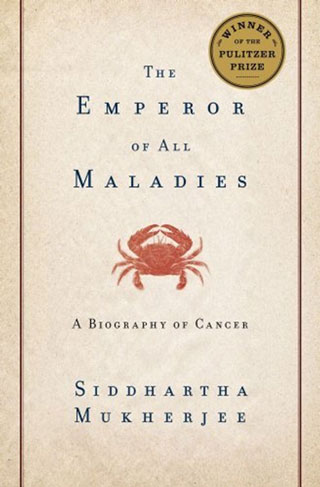These are my recollections of a life behind the iron curtain. I do not aim to give perfect and objective evaluation of anything, but to share my personal experiences and memories. It will explain why I just cannot get misty eyed over some ideas on the political left and why I loathe many ideas on the right.
I was born towards the end of summer, which effectively means I was almost a year younger than many of other kids who were supposed to go to school that year. This has led to concerns whether I will be mentally mature enough to cope so I was brought in for preliminary evaluation in the spring prior to my first school year. I do not remember almost anything of it, only that it was a pleasant conversation with some old lady whom I did not know.
After I was deemed eligible, the education started. It was pretty normal as an education anywhere else at that time. Children sitting in rows in cheap, uncomfortable chairs behind small tables. Teacher standing in front of the class talking. Don’t talk unless asked, raise your hand if you want to say something or ask.
The regime had somewhat ambiguous attitude to education. On one hand it has recognized that knowledge is empowering and completely ignorant and uneducated populace is useless. Therefore eight years of elementary school were compulsory and the regime took pride in nearly universal literacy and numeracy.
On the other hand it has also recognized that educated and well-informed people are harder to control because they have that unpredictable tendency to be critical of the information presented to them and reach their own conclusion. which has proven correct, since the velvet revolution was initiated by massive student protests.
So the higher education was theoretically available to anyone who was capable, but there were caveats that had nothing to do with capability and everything to do with how much one was perceived to be a threat.
Ever since childhood I was recognized as a university material. I was top of the class and despite year-long health problems that impeded me significantly for a few years I did not need to repeat classes. My father was a member of the communist party and of Peoples Militia, and he was working class. This was considered a good thing in my yearly evaluations and was always mentioned together with my good notes. However one of my uncles was a political dissident who has emigrated to USA and was in the employ of US government. This was considered a bad thing although I was never told this and I only learned about this later on. Further, by a twist of destiny, my father, the communist, was the only one from the family who remained on good terms with his dissident brother. So there was always a big question mark about my future education and whether I will be allowed to pursue either my love of science or my passion for painting.
The regime seems to have had some sort of poorly thought out and poorly formulated concept of hereditary sin. Children and even grandchildren of aristocrats or bourgeois or anyone really even remotely related to dissidents were treated as a threat and were put under close scrutiny. As I grew older I learned about this and I have tried to understand it but I never did. It did not make any logical sense to deny someone higher education just because their grandfather was a bourgeois factory owner. They are not factory owner, they live in this wonderful socialist country where everyone is equal just like everyone else. They did not do anything wrong, their grandfather did. Where is the logic in this?
That way I learned there is another iron curtain in addition to the corporeal one in the forests. An invisible social barrier creating a tangled maze nearly impossible to navigate, because the rules were never clear and were subject to the whims of the powers that be. There was only one sure way to higher education, and that was being a relative of a high party affiliate. Everyone else could be denied for reasons they will never fully learn.
Luckily for me when I was a the end of elementary school, the regime fell and the Iron Curtain was torn down. And with it fell the artificial barriers that might prevent me from getting adequate education. There were other barriers still and new ones emerged, but that is a different story.











